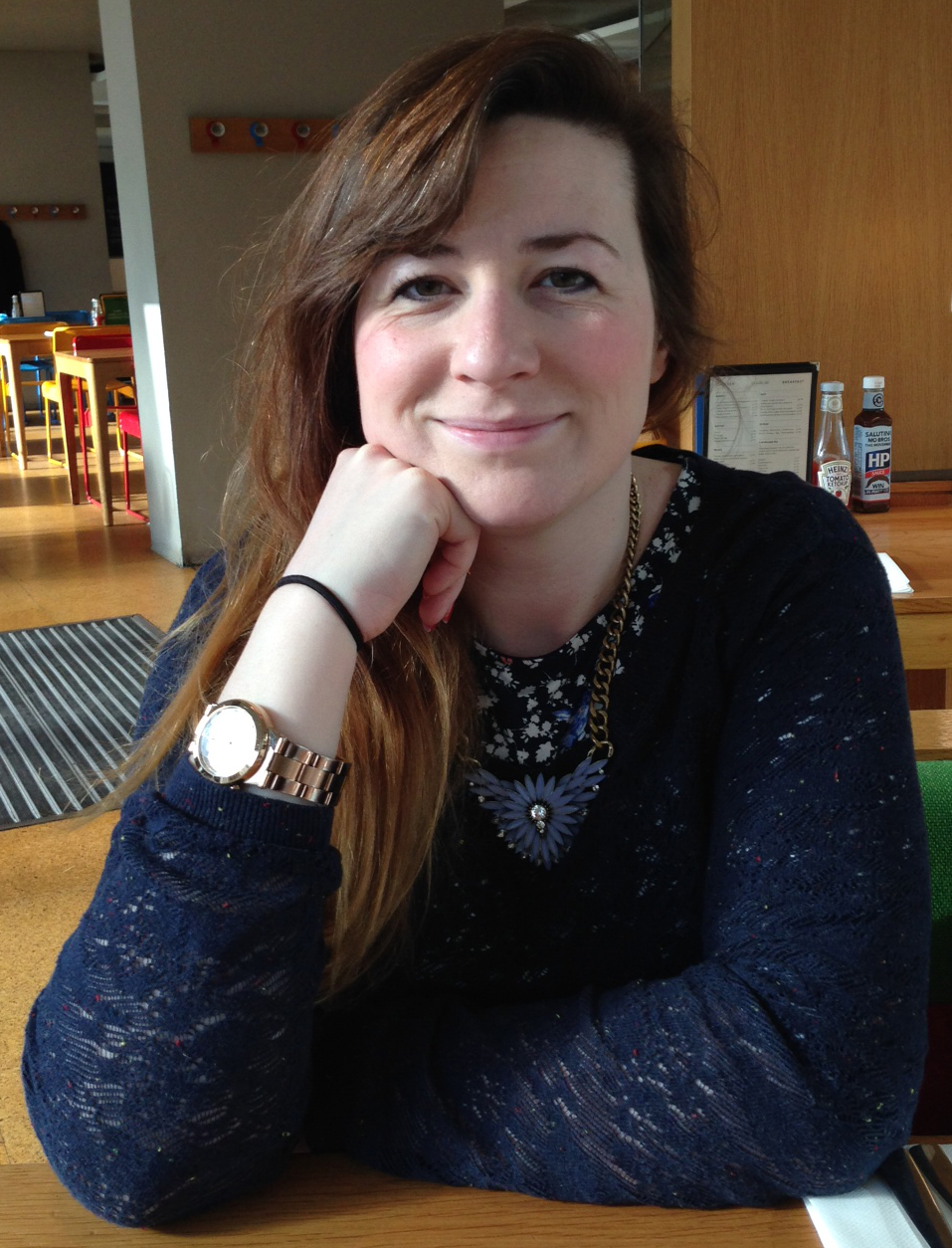By Joanna Fliski
A good class reader is a very special thing indeed. My absolute favourite time as a teacher is when a class is collectively absorbed in a piece of literature. The quiet calm and sense of peace, the feeling that whatever else goes on in these young peoples’ lives – good or bad – in these minutes they are a collective of learners who are simply enjoying a story.
As teachers, one of the most powerful things we can do is to allow pupils to be heard, which is why I would recommend Call Me Drog wholeheartedly. The main character, Parker, is a little like all of us when we were young: awkward, sensitive and curious. Unlike all of us however, he has lost his inner voice; he doesn’t articulate how his parents’ divorce has affected him and so ‘Drog’, a puppet he finds in a refuse yard, does so for him. The central message here is clear: you need to be heard; your opinions matter. As a moral message this is a wonderful thing for a class to identify with and academically it allows opportunities for Drama and Speaking and listening activities – what would you do in Parker’s position? How would you make yourself be heard? Who is at fault here and why?
Of course, having a frightening green puppet on your hand that you cannot physically remove is going to cause some huge problems at school as well as with friends and parents. Parker and his best friend Wren argue constantly over ‘Drog’ and his outspoken opinions. Discussion and work here could be centred on the theme of friendship, linking nicely with PSHE topics in Key Stage 3.
Parker’s family is not the typical nuclear family children are still exposed to in the media, and that’s a positive thing. Our young people come from all kinds of backgrounds and should know that other children do too. Homework opportunities could include recording how media represents families, perhaps in adverts or in soaps with a lively classroom discussion to follow: What is a ‘normal’ family? How do we define ‘family’? How do Parker’s parents have different parenting styles? Which seems better and why?’
Call Me Drog is a lively, thought-provoking and absorbing book that is packed with action, well suited to a Key Stage 3 class. It is accessible to all abilities and draws the class in from the first page.
_______________________________________________________________________________________
Jo Fliski is a teacher of English, Media and Drama at Lliswerry High School as well as being Head of PSHE. She a freelance writer and author for HarperCollins Education.



